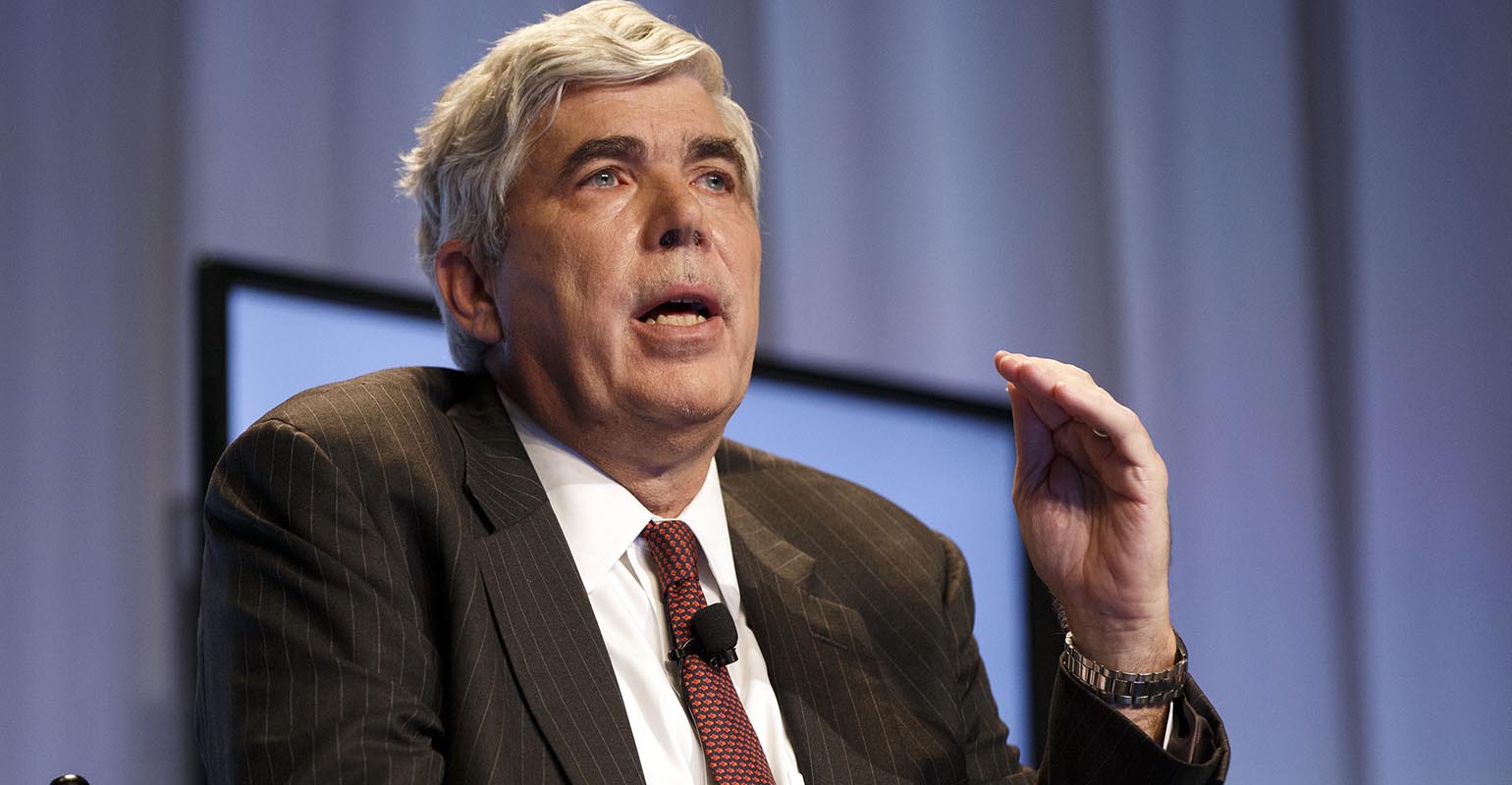Wamco’s Longtime Bond King Thrust Into Spotlight He Shunned


(Bloomberg) — For three decades, Ken Leech was the other Bond King, the quiet one.
While investors hung on every word of other California bond bigwigs such as Bill Gross, Leech shunned the limelight to help build Western Asset Management Co. into one of the world’s most formidable fixed-income shops, rivaling the likes of Pacific Investment Management Co. and BlackRock Inc.
On Wednesday, the very foundations of the $381 billion firm were shaking.
Wamco, a unit of Franklin Resources Inc., said it’s cooperating with investigations by the US Department of Justice and the Securities and Exchange Commission. Those probes are focused on whether it favored some clients over others — cherry-picking who got more profitable trades, according to people with knowledge of the matter.
The firm said in a statement that Leech is taking a leave of absence as co-chief investment officer to focus on the probes after receiving a so-called Wells notice from the SEC, a warning that regulators may recommend enforcement.
Wamco, which is conducting its own investigation, is also closing its $2-billion Macro Opportunities strategy and elevated company veteran Michael Buchanan to sole CIO, according to the statement. The trades involved Treasury derivatives in Wamco-managed accounts.
“Leech was an incredibly well recognized name in the industry and credited for building and scaling what had been a really successful fixed-income platform, with really diversified operations,” Morningstar Inc. analyst Max Curtin said in an interview.
Wamco accounts for almost a quarter of the parent’s assets. Shares of Franklin tumbled 13% on Wednesday, the biggest one-day drop since October 2020, extending their decline this year to 34%.
“We anticipate further pressure on redemptions across the Western franchise given Mr. Leech’s high profile within the firm and the disproportionate exposure to institutional assets under management,” Jefferies Financial Group Inc. analyst Daniel Fannon wrote in a note to clients. “The consultant community will likely have to revisit their recommendations of the firm — as opposed to just any individual fund — given the senior level for which these violations occurred.”
Franklin Resources and its chief executive officer, Jenny Johnson, part of the family that has run the firm for decades, had no comment beyond the statement. A representative for Leech, 70, declined to comment.
“I believe him to be a person of impeccable character and utmost integrity,” legendary investor Bill Miller said in an email, noting that he worked with Leech for decades at former Wamco parent Legg Mason. “I cannot comment on the SEC issues, as I know nothing about them.”
Founded in 1971, Pasadena-based Wamco has long been known as a bond manager with hot and cold streaks, and it previously shelled out fines to resolve investigations. In 2014, the firm paid $21 million primarily to settle SEC charges that it defrauded clients and concealed investor losses that resulted from a coding error and engaged in cross-trading of mortgage securities that favored some clients.
Leech, a graduate of the University of Pennsylvania’s Wharton School, joined Wamco in 1990, after working as a portfolio manager at Greenwich Capital Markets, First Boston Corp. and National Bank of Detroit. He was inducted into the fixed-income analyst society hall of fame in 2007, and he’s also a life master at bridge.
In 1991, a year after he started at Wamco, the firm’s assets under management stood at $5 billion. They swelled to $408 billion over the ensuing three decades.
The firm was known for savvy trades that beat benchmarks and benefited for much of the period from prolonged bond-market rallies. In 2020, it was still a crown jewel of Legg Mason, which Franklin acquired that year, along with Wamco’s decades of experience with big institutional clients.
But Wamco soon found itself struggling.
In late 2021, Leech predicted the Federal Reserve would take its time raising rates, suggesting that there may not even be any increases in 2022. Instead, the central bank ratcheted up rates seven times that year. The Core Plus fund, which he helped run, lost about 18% that year.
Its poor performance spurred investors large and small to yank money.
The $19 billion mutual fund returned 2.4% this year through Tuesday, trailing more than 90% of peers over the most recent three- and five-year periods. The fund’s managers were convinced for much of the past two years that the economy and inflation were poised to slow, and Leech’s team stuck to the view that longer-term bonds would rally as the Fed inched closer to cutting rates. That took longer than expected, and only now is the central bank on the cusp of doing so.
Read More: Fed Minutes Show Several Saw Case for Cutting Rates in July
Soon, change was afoot inside Wamco. Buchanan was named co-CIO alongside Leech last August. John Bellows, who co-managed Core Plus since 2018, abruptly left at the start of May. Even so, until Wednesday, there was little sign that the 70-year-old would be doing anything other than trying to turn things around at Wamco.
“As time passes now I think we’ll hopefully get a clear picture of these changes,” Morningstar’s Curtin said.

Student loans often follow borrowers for years, sometimes decades. Even people who fully understand how much they borrowed can feel...

It was a busy week for RIA aggregators. There were a few large moves, including $235 billion multi-family office Cresset...

Blog Posts Archives UnfavoriteFavorite February 27, 2026 Weave: The Social Fabric Project Subscribe to Weave’s Newsletter This story was originally...